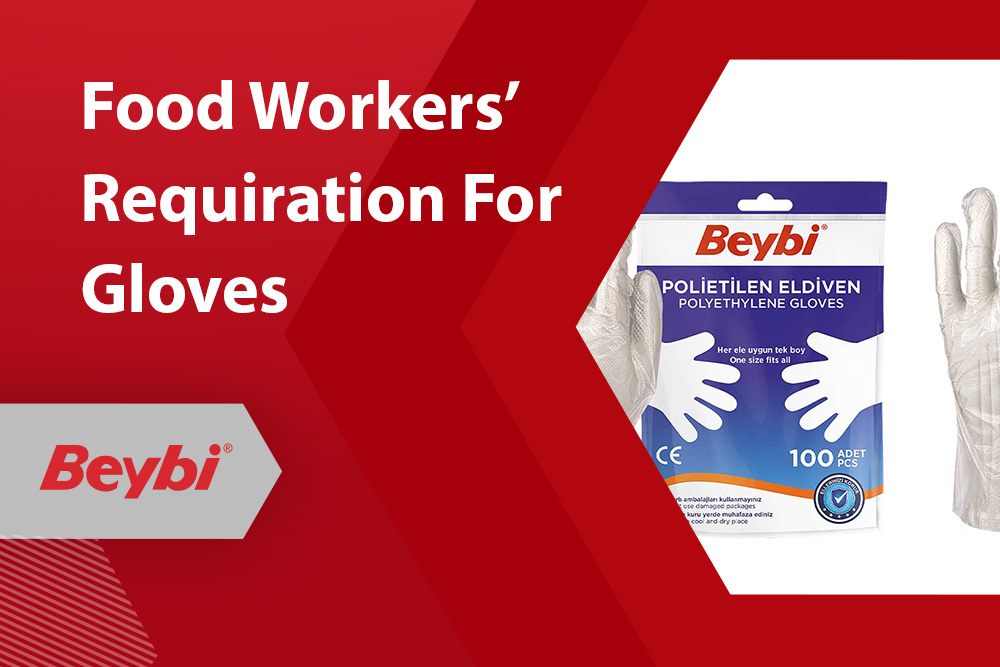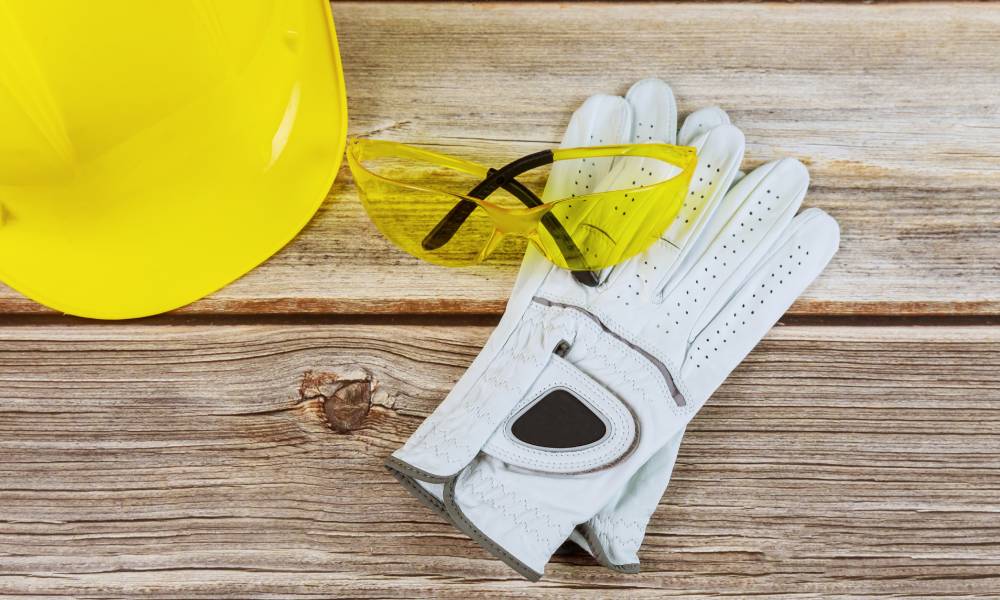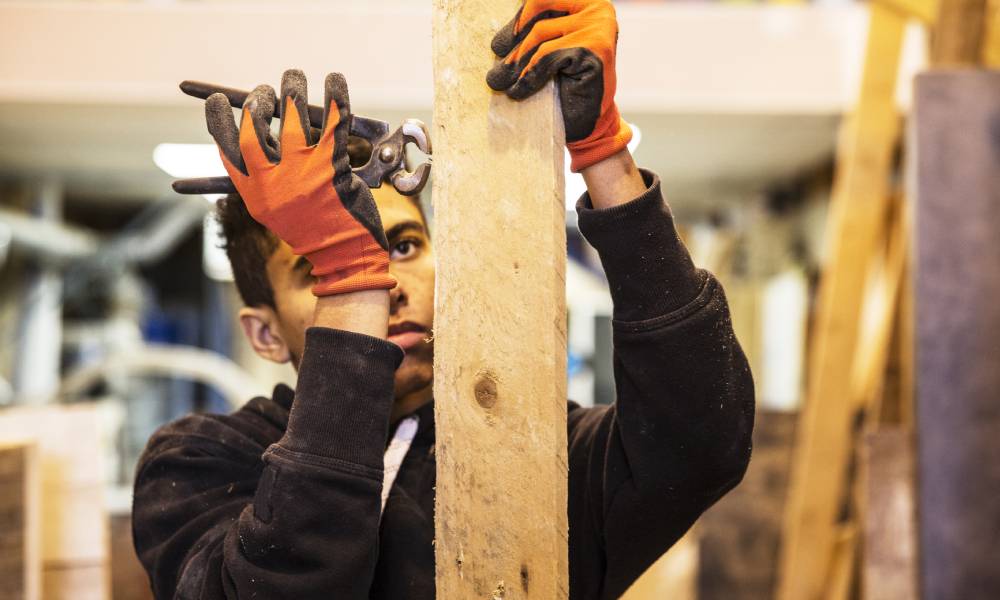
When Are Food Workers Required to Wear Gloves?
Maintaining hygiene in food processing is essential to ensuring the safety and well-being of consumers. Gloves play an important role in minimizing contamination risks, especially in environments where food is prepared, processed or served. So when are food workers required to wear gloves? Understanding the guidelines and choosing the right gloves is crucial to complying with food safety standards.
Food Safety Guidelines for Wearing Gloves
Food safety regulations vary by location, but in general, food workers are required to wear gloves in the following scenarios:
- Handling Prepared Foods: Gloves should be worn when handling foods that will not be cooked or processed further, such as salads, sandwiches or baked goods. These products are particularly susceptible to contamination.
- Handling Raw Meat and Seafood: Gloves should be worn when handling raw meat, poultry or seafood to prevent cross-contamination and prevent the spread of bacteria such as Salmonella or E. coli. Working in High-Risk Environments: In environments like hospital kitchens or food production facilities where hygiene standards are extremely strict, gloves are mandatory.
- Covering Cuts or Wounds: Workers with cuts, burns or wounds on their hands should wear gloves to prevent bacteria or pathogens from coming into contact with food.
- Working with Hazardous Materials: Gloves should be worn when using cleaning agents or chemicals near food to prevent contamination.
Choosing the Right Gloves for Food Handling
Choosing the right gloves for food safety is as important as wearing them. PN7 Nitrile Coated Polyester Gloves are an excellent choice for food handlers due to their unique properties that ensure fit and comfort.
Why Choose PN7 Nitrile Coated Polyester Gloves?
- Food-Safe Materials: PN7 working gloves are suitable for direct food contact, meeting all required food safety standards. This ensures that the gloves do not introduce harmful substances into food. REACH Compliant: These gloves comply with REACH (Registration, Evaluation, Authorization and Restriction of Chemicals) regulations, ensuring that harmful chemicals are not present. This compatibility adds an extra layer of safety for both workers and consumers.
- Silicone-Free Design: PN7 gloves are silicone-free, reducing the risk of contamination, especially in sensitive food processing environments.
- Breathable Polyester Knit Construction: Polyester knit allows hands to breathe, preventing sweating during long shifts. This feature increases worker comfort and minimizes the likelihood of glove removal, which can increase contamination risks.
- Lightweight and Flexible: The thin design of PN7 gloves offers superior dexterity, making it easy for workers to handle delicate tasks without compromising safety or comfort.
Benefits of Wearing Gloves in Food Processing
- Prevents Cross-Contamination: Gloves reduce the spread of bacteria and other pathogens by acting as a barrier between workers’ hands and food. Protects Workers and Consumers: Wearing gloves helps maintain a clean and safe environment by protecting both workers from exposure to harmful substances and consumers from contaminated food.
- Improves Hygiene Compliance: Using the right gloves, such as PN7 nitrile coated gloves, allows businesses to comply with local and international hygiene regulations.
Food workers should wear gloves in situations where contamination risks are high, such as handling ready-to-eat foods, handling raw ingredients, or working in sensitive environments. Choosing high-quality gloves, such as PN7 Nitrile Coated Polyester Gloves, ensures safety, comfort, and compliance with food safety standards. With features such as food-safe materials, REACH compliance, and a silicone-free design, these gloves are ideal for maintaining hygiene and protecting both workers and consumers. By following these guidelines and investing in the right gloves, businesses can maintain the highest food safety standards and earn the trust of their customers.
Beybi Plastik, since its establishment in 1949; operates in the field of personal protective work safety gloves, examination gloves production and sales, sterile surgical gloves and medical consumables sales and marketing.



